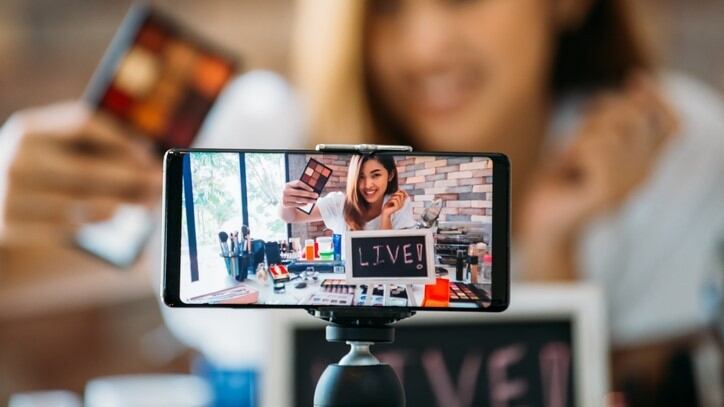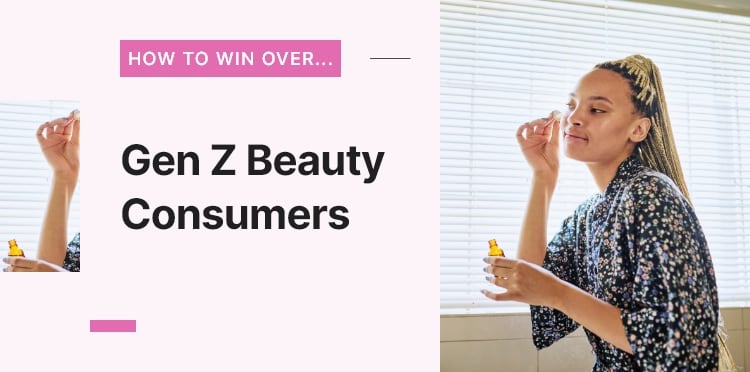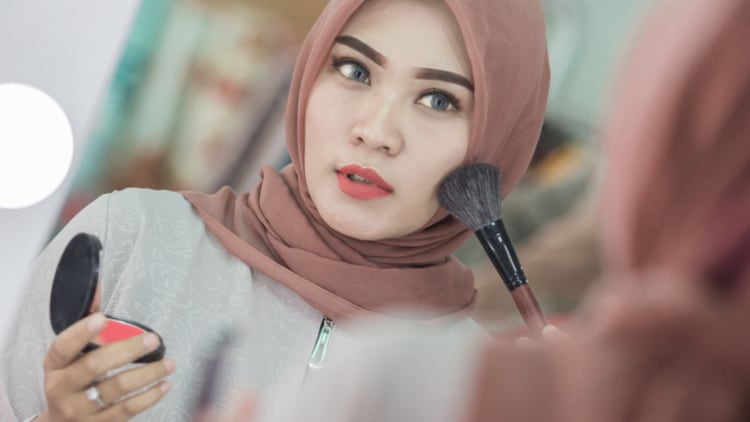Fun, spontaneous, and seemingly authentic, TikTok is probably one of the favourite channels for beauty marketers today. The short-form video app is one of the fastest-growing social media platforms today and can drive some serious sales for brands.
French beauty brand Caudalie told CosmeticsDesign-Asia that sales of its Instant Detox Mask surged by 600% across Asia and Australia in 2021 because it went viral on TikTok.
Rohan Widdison, CEO of Australian outfit New Laboratories told CosmeticsDesign-Asia that while TikTok is a boon for beauty, brands must ensure they do not to blindly let it influence the product development process.
Widdison has seen first-hand how the power of TikTok is influencing the industry. He recounted one experience when a client requested that the product withstand a few ‘TikTok tests’.
“We developed a range of hair care products for one client – a well-known brand. One of the products was a heat protecting spray and they asked us to spray the product on a piece of bread, put it in a toaster and see if it browns.”
Widdison explained that the brand was concerned that if this product did not pass this extremely unreliable and unscientific ‘toaster test’, the product would get roasted on TikTok as an ineffective product.
“There’s this fear factor for brands. Ultimately, social media is about getting good reviews and driving their brand or getting bad reviews and getting crushed – that's the business of it. And when you've got millions of dollars at stake, as a brand, I get the relevance, I get the fear. The thing is, once you let TikTok dictate your R&D, you’re pretty much going to be producing fairly innocuous products.”
The rise of TikTok has also stimulated the generation of new trends that brands inevitably try to jump on. However, brands that insist on following the trends instead of concentrating on their core can lose their way, said Widdison.
“We get clients coming in and telling us everything that’s trending. It’s kind of being at school again and wanting to be liked by everybody. Do you want to be part of the cool kids' group or do you just want to study, learn, and become successful? TikTok is not going to lead the way forever. There’s something else that’s going to come along in one or two years that will take over from TikTok. Don’t destroy your brand for the sake of a trend.”
Despite his criticisms, Widdison believes TikTok is a great channel that brands can use to drive education.
“Maybe use it to demonstrate the positive side of your product, what it can actually do, and what it can achieve. So, rather than putting your product in a toaster, you could do a TikTok on hair pieces and show that the hair is not burning. After all, you’re not going to really put your hair in a toaster, so why put it on bread?”
This way, the brand can control the narrative early on. “If not, you’re a $100 million company getting crushed by somebody sitting in their bedroom with a toaster — and that’s kind of devastating.”





